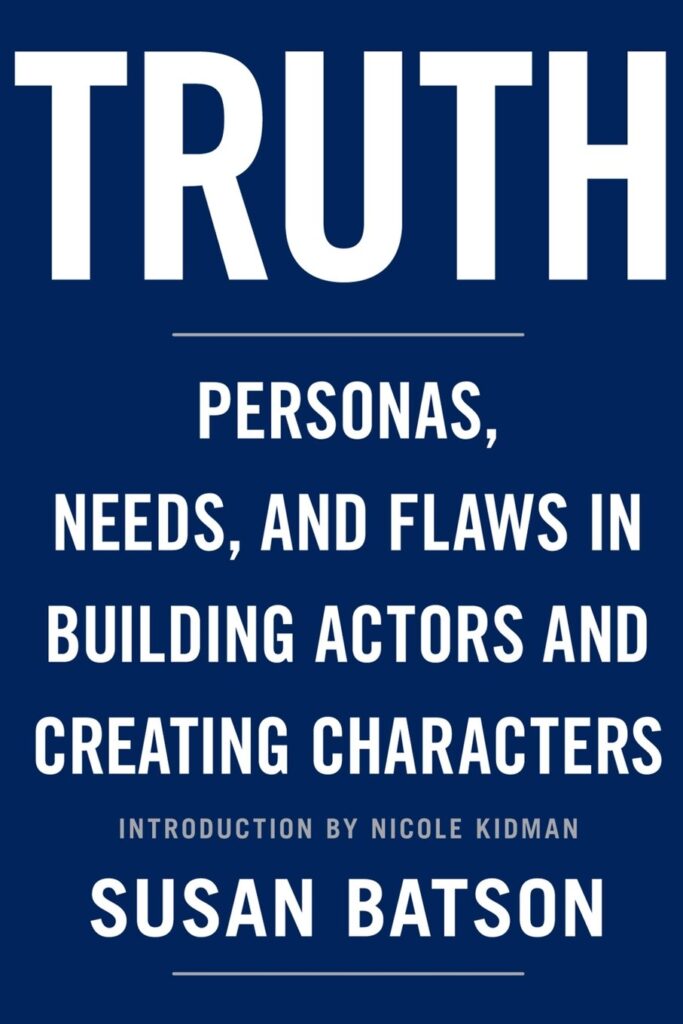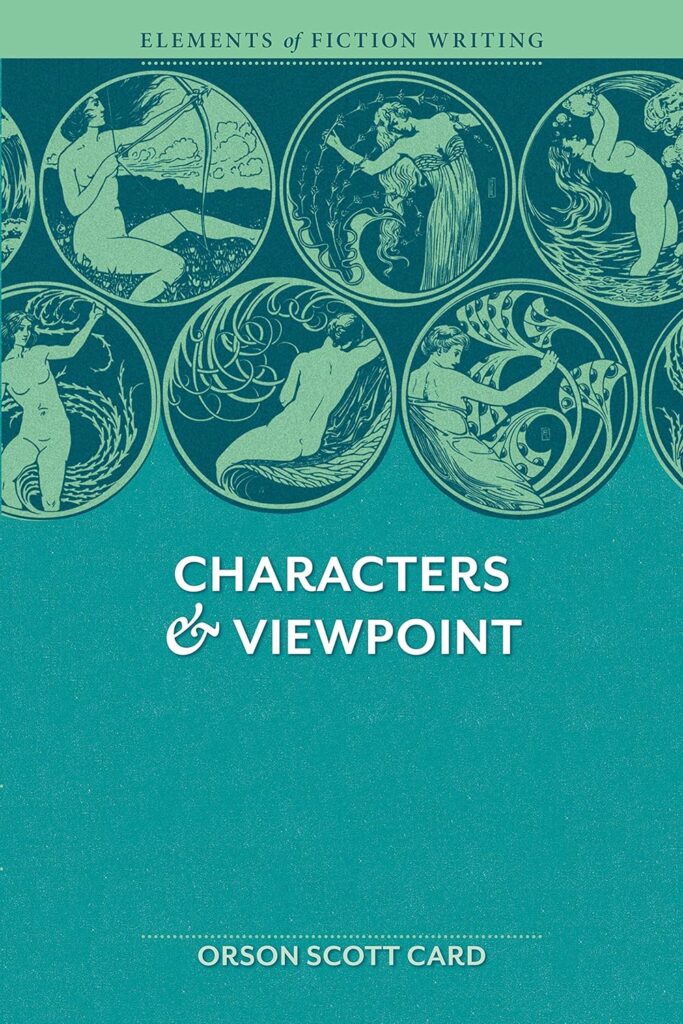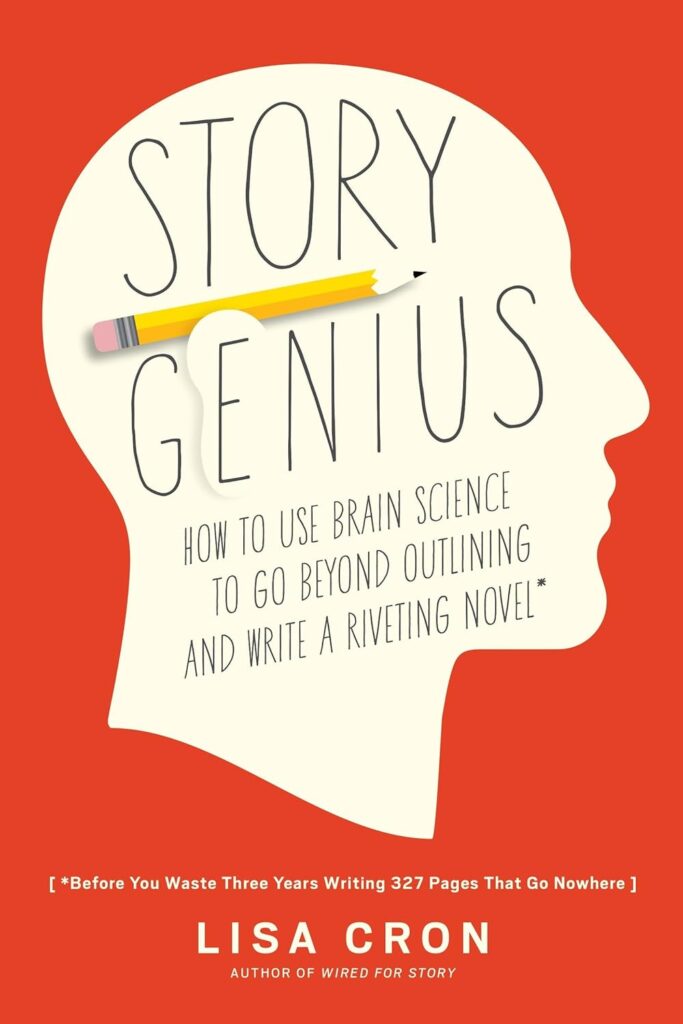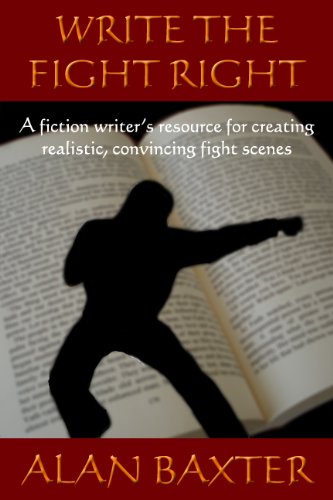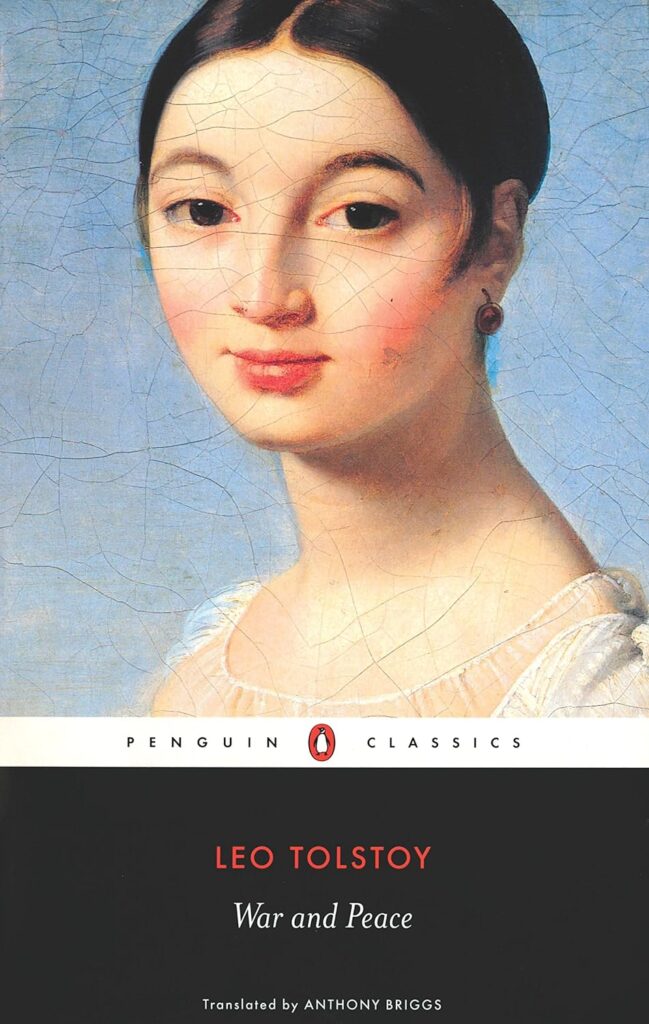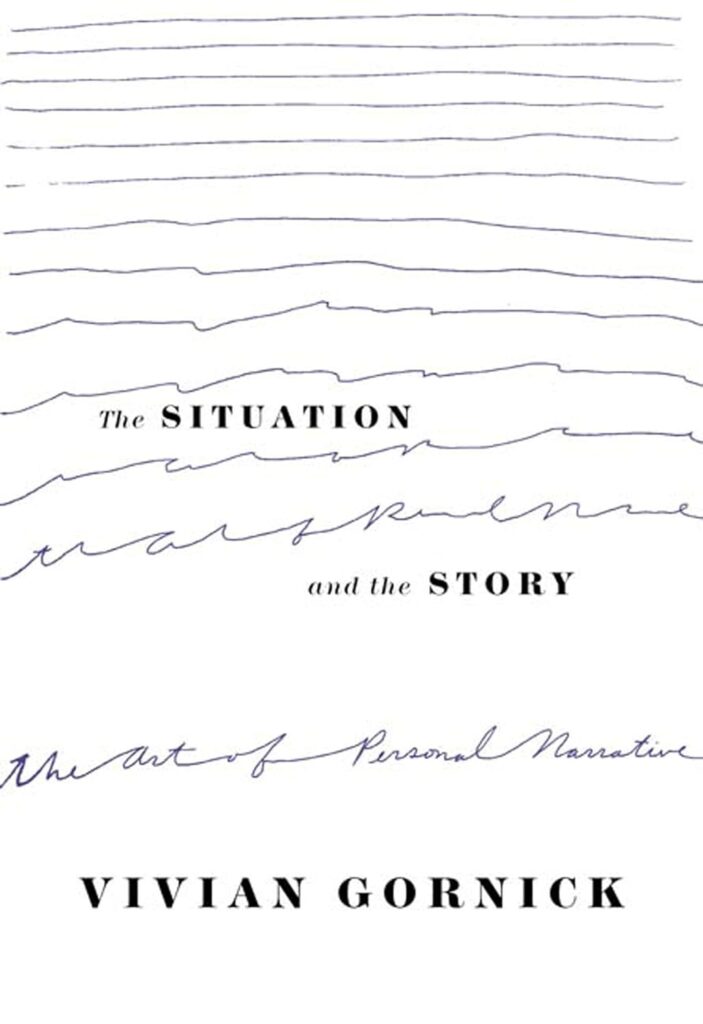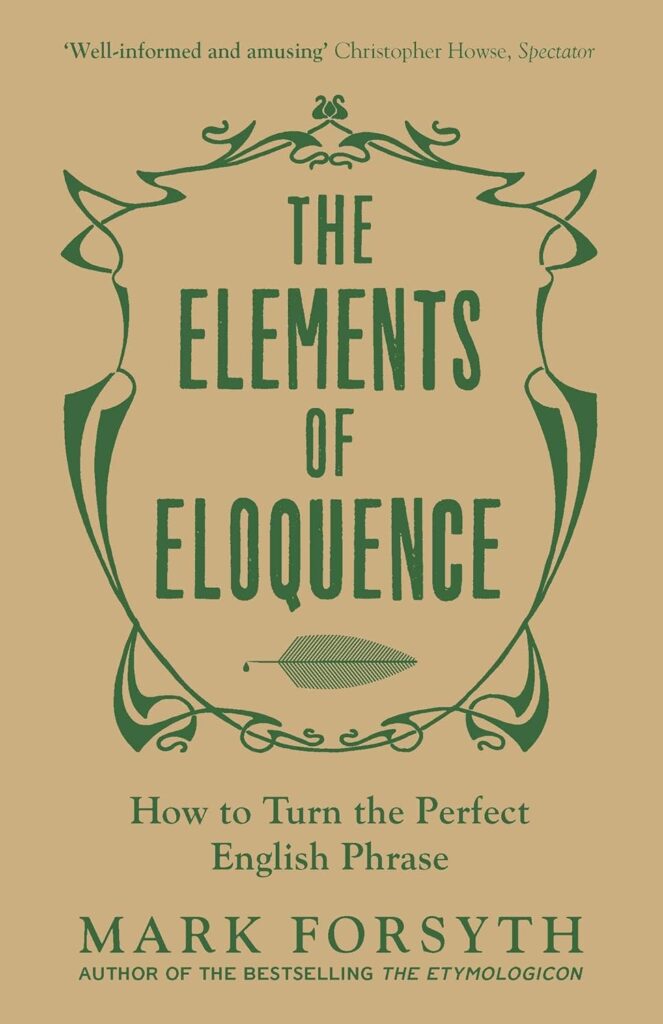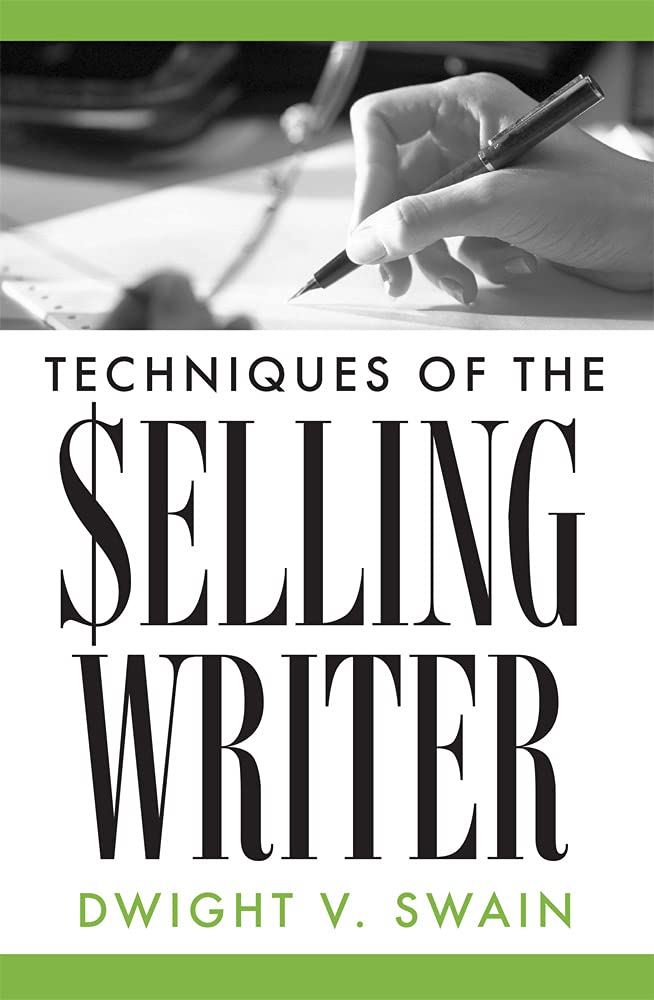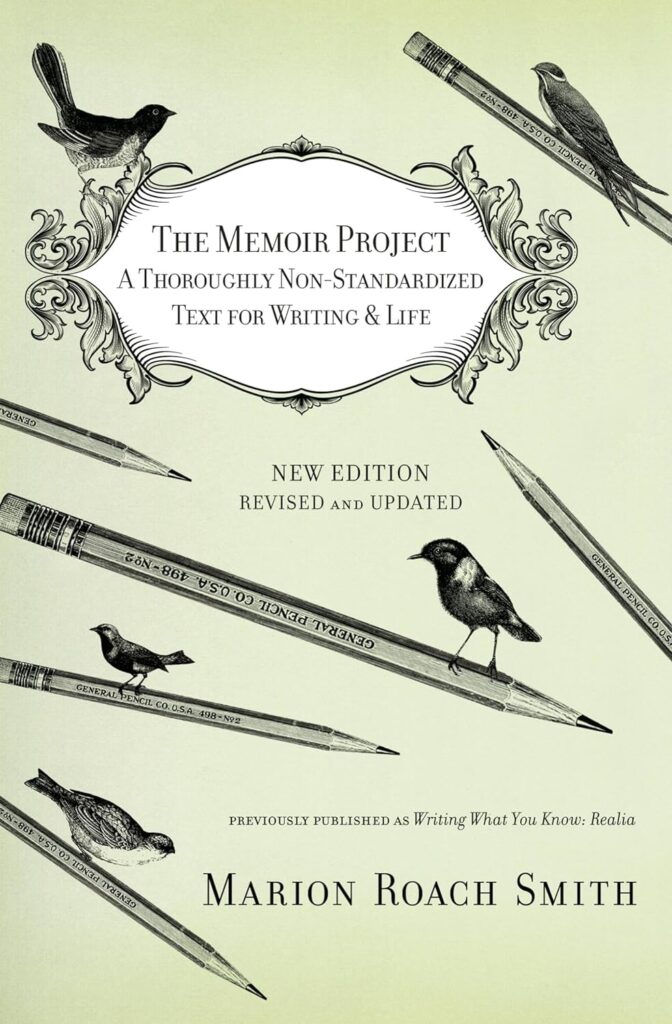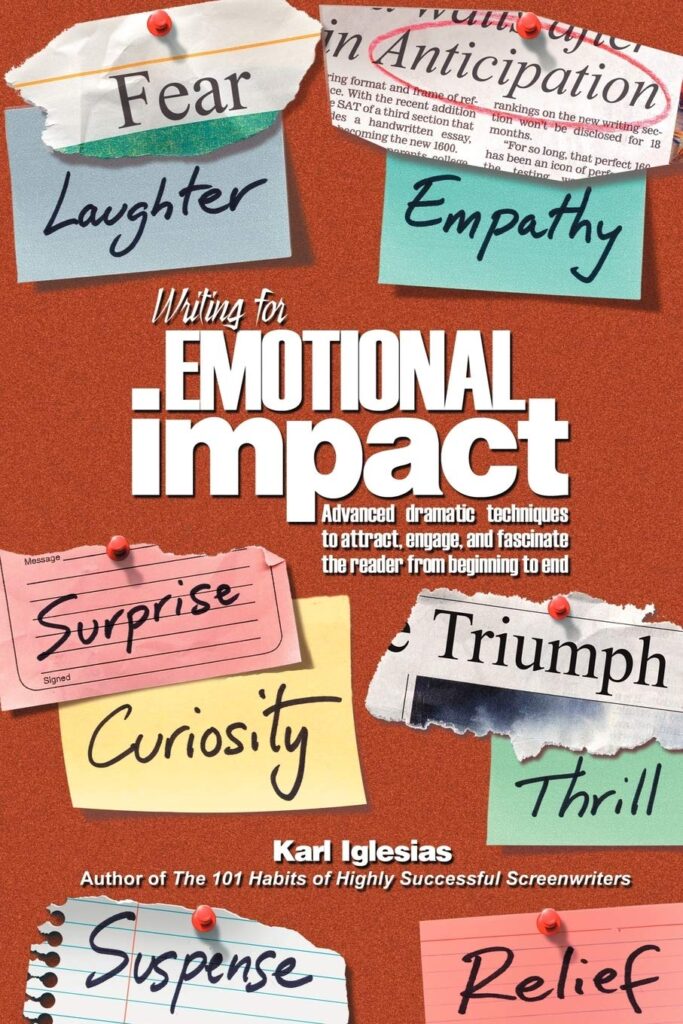Writers’ Reading List
Truth by Susan Batson
Our Summary Public personas, needs, and tragic flaws – A step-by-step guide for creating truth in a character from an acting perspective. What I learned From It This one’s a little off the beaten path… I was fascinated with method acting, and wanted to bring that to my writing. How to embody and write the…
Read MoreCharacters & Viewpoint by Orson Scott Card
Our Summary Techniques of inventing, developing and presenting characters, plus handling viewpoint in novels and short stories. Spells out your narrative options in creating “real” fictional people. Distinguish among major characters, minor characters and walk-ons, and develop each appropriately. Choose the most effective viewpoint to reveal the characters and move the storytelling. Decide how deeply…
Read MoreStory Genius by Lisa Cron
Our Summary It’s every novelist’s greatest fear: pouring their blood, sweat, and tears into writing hundreds of pages only to realize that their story has no sense of urgency, no internal logic, and so is a page one rewrite. What I learned From It The prevailing wisdom in the writing community is that there are…
Read MoreWrite The Fight Right by Alan Baxter
Our Summary Alan Baxter, a martial arts instructor and author, talks about what makes a good fight scene, and how to write rich scenes that are realistic and engaging for the reader. He discusses hand fighting in depth–techniques used, guarding and blocking, common injuries sustained in fighting, the consequences of a knockout. He explains how…
Read MoreWar And Peace by Leo Tolstoy (Translated by Anthony Briggs)
Our Summary Napoleon has a bad idea and the lives of three young people in St Petersburg are changed forever. What I learned From It What it means to be human. Rich. [maxbutton id=”1″ url=”https://amzn.to/47q8DKR” ] [maxbutton id=”2″ url=”https://amzn.to/3MVOfZO” ]
Read MoreThe Situation And The Story – The Art Of Personal Narrative by Vivian Gornick
Our Summary Every work of literature has both a situation and a story, and modern memoir is all about the self that we become through life experience. She deftly illustrates this rather lofty theory with specific examples of how personal narrative is memorably crafted by different writers. What I learned From It Memoir is not…
Read MoreThe Elements Of Eloquence: Secrets Of The Perfect Turn Of Phrase by Mark Forsyth
Our Summary This is a book with a clear message (from the blurb): In an age unhealthily obsessed with the power of substance, this is a book that highlights the importance of style. What I learned From It About thirty chapters each dedicated to a rhetorical figure. The book is a fun read and has…
Read MoreTechniques Of The Selling Writer by Dwight V. Swain
Our Summary First published in 1965, Swain’s book is a no-nonsense, broad-brush instruction manual for beginners that shows you how to construct a commercial story. What I learned From It The basic shape of commercial fiction (and how unchanging that shape has been for more than half a century). Every other writing manual I’ve ever…
Read MoreThe Memoir Project – A Thoroughly Non-Standardized Text For Writing & Life by Marion Roach-Smith
Our Summary Rational and literary at the same time, this slim tome is an extremely helpful exploration of how to turn life into memoir — without boring the pants off the reader. What I learned From It A memoir is an illustration of a truth, a single facet of a life rather than a life…
Read MoreWriting for Emotional Impact by Karl Iglesias
Our Summary It delves into the psychology of the reader and techniques to create emotional scenes within your storytelling, including in dialogue. What I Learned From It This author’s way of teaching the craft really chimes with me. It’s quite an expensive book but worth it in my opinion. For me, this book takes me…
Read More